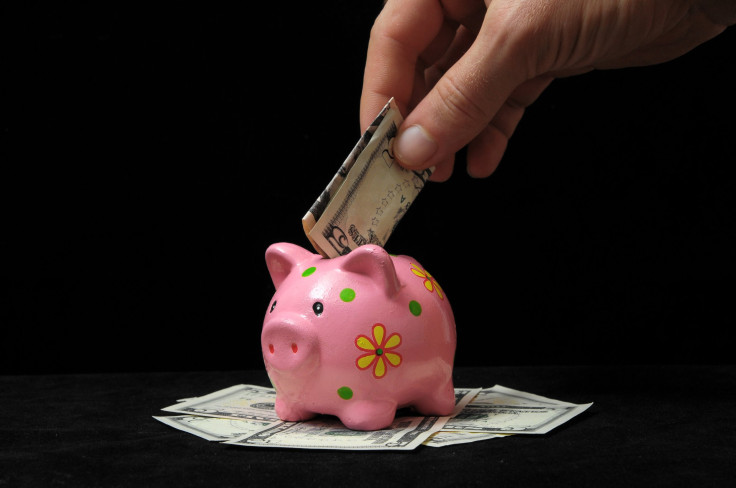Boosting Self-Esteem And Feeling Powerful Can Help You Save Money

A boost in self-esteem and sense of power can assist in saving money, according to a new study out of Stanford University and Tilburg University. Sitting in a tall chair increased a person’s sense of self and led to higher levels of frugality and saving, compared to sitting on a low ottoman.
Inability to save money can stem from various issues — such as self-control, family background, and even education. But what are the psychological reasons behind it? While collecting money can often increase feelings of power, researchers wanted to see if exhibiting a sense of power could in turn boost incentive to save funds. “We were interested in knowing whether the decision to save or not save money was affected by how someone was feeling during the time they were making a savings decision,” Emily N. Garbinsky and Jennifer Aaker, authors of the study from Stanford University, wrote in a press release.
The participants were placed in either a tall chair or low ottoman, asked to respond to questions, and then given the option to take their study compensation in cash or place it in a lab savings account. Those who sat in the tall chair saved more than those who sat in the ottoman. “We show that individuals who feel powerful save more because it enables them to maintain their current state,” the authors wrote in their study.
“People who feel powerful use saving money as a means to maintain their current state of power,” the authors concluded. “When saving no longer affords individuals the opportunity to maintain power, the effect of power on saving disappears.” They hope their research can aid in creating future intervention programs to help people save money. They also aim to extend their research to better investigate the relationship between power, saving, and income level: “particularly how income level interacts with feelings of power to affect saving,” they wrote.
Published by Medicaldaily.com



























